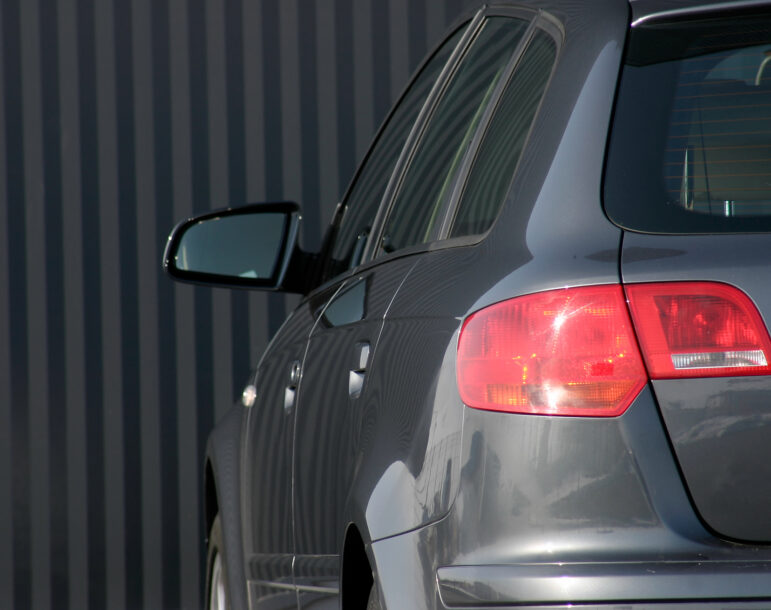Personal Injury Lawyer
Car maintenance is an essential task that helps ensure your vehicle’s safety, reliability, and longevity. Regular maintenance can prevent breakdowns, reduce repair costs, and keep your car running smoothly. There are a lot of parts in the vehicle that need routine maintenance, which is why it is essential to keep getting them checked. Here are some tips on safe and efficient car maintenance as explained by an experienced personal injury lawyer from the top-rated firm SL Chapman Trial Lawyers.
Read the owner’s manual:
The owner’s manual is your car’s bible. It contains valuable information on maintenance schedules, recommended fluids and parts, and how to operate and maintain your vehicle. Please ensure to read it thoroughly and follow the recommendations for maintenance.
Check fluids regularly:
Regularly check and top-off your car’s fluids, including engine oil, transmission fluid, brake fluid, coolant, and power steering fluid. If the fluid levels are low in the car, it can damage its engine or transmission, leading to costly repairs.
Replace filters:
Air, oil, and fuel filters should be replaced regularly to ensure proper engine function and prevent contamination. Dirty filters can reduce engine performance and fuel efficiency. Dirty filters can cause a lot of damage, so it is essential to change them when it doesn’t work properly.
Inspect belts and hoses:
Check the car belt regularly for any bulges, fraying, or cracks. Replace them if necessary to prevent breakdowns and engine damage. Before going for a trip or long journey, always check the belts and hoses.
Check tire pressure and wear:
Proper tire pressure is critical for safe driving and fuel efficiency. It is essential to check the tire level on a regular basis so that you can maintain them. If the pressure is not fine, you can inflate them to the recommended level. Also, check the tire tread depth and replace tires if worn or damaged.
Maintain brakes:
Brakes are essential to the car because you cannot drive the vehicle without them. Regularly check your brake pads, rotors, and calipers for wear and replace them if necessary. Also, bleed the brakes periodically to ensure proper braking performance.
Service the battery:
The battery provides power to your car’s electrical system. You can also check the battery socket and repair it when needed. Also, have the battery tested periodically and replace it if it’s weak.
Keep your car clean:
Regularly wash your car to remove dirt, grime, and debris that can damage the paint and finish. Also, clean the interior and vacuum the carpets to prevent wear and tear.
Schedule regular maintenance:
Follow the recommended maintenance schedule in your owner’s manual, including oil changes, tune-ups, and inspections. Regular maintenance can prevent costly repairs and ensure the longevity of your car.
Use quality parts:
When replacing parts or fluids, use high-quality, recommended parts to ensure proper function and avoid damage to your car’s engine or transmission.
Regular car maintenance is essential for safe and efficient driving. By following these tips, you can keep your car in top condition and avoid costly repairs. Always prioritize safety when working on your vehicle, and consult a professional mechanic if you have any concerns.

